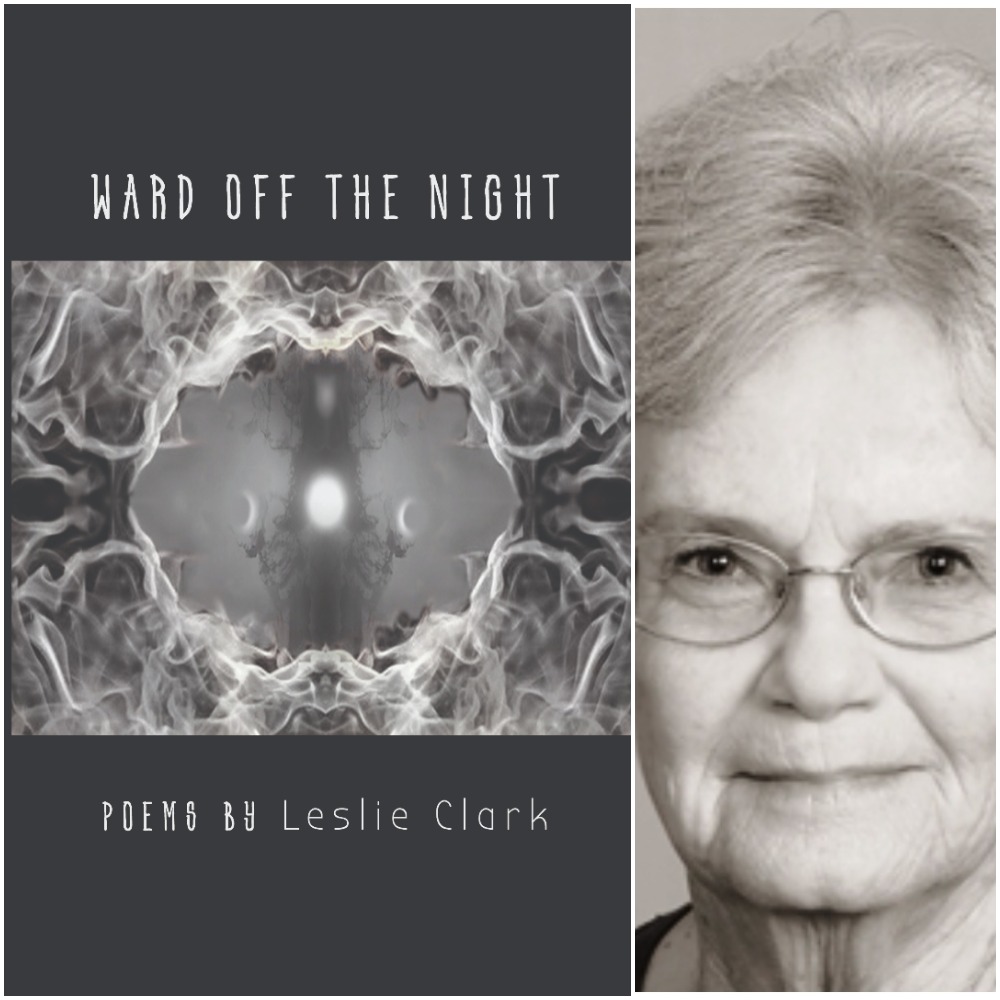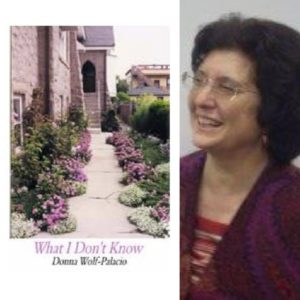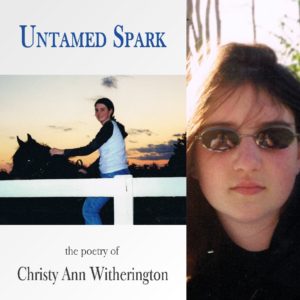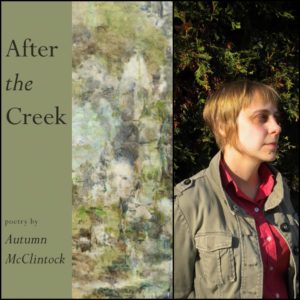Ward Off the Night by Leslie Clark
$13.99
Put the lights out and listen to the “tick, tick of tiny insects” and begin sharing with Leslie Clark the subtly mysterious points of connection with nature. She is equally attuned, when she looks back to her early life and her grandparents, to the scents “of tobacco smoke, oregano, and simmered garlic.” Experience is rendered in visual terms too, as “night siphons/the fuchsia from the clouds.” All in all, this is a set of poems working beautifully through all the senses.
–David Chorlton—author of Bird on a Wire.
Leslie Clark “gets you where you live” with her own jitters descending in an airplane into landing: “The plane lurches from side to side, a drunken bear…I grip the arms of my seat, murmur an agnostic’s prayer.” Clark is also highly sensitive to her landscape, and her metaphors are fanciful and arresting: “The blood-red sun/extinguished itself in the river….” Her precision in chromatic imagery shines, especially in the title poem. She treats natural phenomena skillfully by way of the pathetic fallacy, and lets us overhear her rich mental revelations as we follow this poetic wayfarer.
–Susan Stevens —Author of With Ridiculous Caution, O, But in the Library, and Things We Might Miss.






jacob erin-cilberto (verified owner) –
A review of Ward off the Night by Leslie Clark
From “Bees” to “Summer Crows” to “The Movement of Cows” we are brought into the world of Leslie Clark. A poet who lives for and with nature and those animal friends who surround her and enhance her world.
Had a little taste of Plath in “Bees” but whereas Plath’s bees turned on her and she was “all over stings,” Leslie’s Bees “more cooperative swarm finally departs, arcing through the air like a cannonball.” And for those that remained “Their purpose gone, they drop to the concrete patio floor one by one.” This is much like we humans who drop to our own concrete floors when our purpose is gone. “On the roof, crows are attacking the skylight again—” much like we attack new days, dark nights—All of us wait for rain.” It’s as if we brace for the bad times, knowing they will come, but imagining we will survive them.
When Leslie speaks of “The Movement of Cows” she speaks of the migrating “in an orderly fashion/ creating a predictable pattern” and yet she shows how there are days “when the restless herd/zigzags across dirt roads.” Again, we as humans get into our own patterns, monotonous routines, and sometimes just must “Break Out” and do some crazy things to feel alive. Otherwise, we will just live in our own “Flat World, “pulling ourselves out of our “solitary bed” casting on “drab clothing” and arriving “unnoticed at the work place” where we arrive every day as is our pattern. And in her poem Leslie talks of suicide, the woman wonders if she listened to the call of the blue pills, “Would anyone know the difference?” I think Sylvia Plath and Anne Sexton often asked themselves that question.
She gives us a very interesting poem with “Sinister Moon” in which she speaks of the “awful eye of moon glares from whitened sky, permeates bedroom blinds, penetrates dreams, tosses me from my bed.” She speaks of the “unrelenting light” as if we just cannot hide from or during the night, from or during life. They will find us.
Leslie Clark explores those incidents we visit as children and the memories left us in her poem “Lonely Trees.” This poem reminds me of my drifting imagination held as a child, going to pick out a Christmas tree with my father and sister, finding the one we wanted and bringing it home. Should be that simple, right? But not for me, I always felt for the ones not picked, those lonely trees who just die on the lot in the middle of winter, so cold, unadorned much like many people who are never picked as friends or lovers, those who die alone, cold, unadorned.
The poems in this book bring me back to my childhood, to my love of nature and to the pastures in Vermont.
She talks of the New Jersey Beach and I am reminded of those beaches in that state where I used to swim as a kid. I also reflect on Frank O’Hara, the Beat poet, and his unfortunate demise on Fire Island beach in New York, the state in which I was born. And my cousin and aunt still live in Belleville, NJ. I spent summers in Vermont, walking the pastures with the cows. I still love cows and their movement. And I appreciate Leslie Clark taking me on a journey with her through the life of someone who appreciates animals, nature and how much both remind us of ourselves. I like to “flip pages of the airline’s magazine, nonchalantly,” but I flipped the pages of Ward off the Night with a much more attentive manner. A most enjoyable fare for our minds to land upon!
jacob erin-cilberto (author of Rewrites and Second Chances)